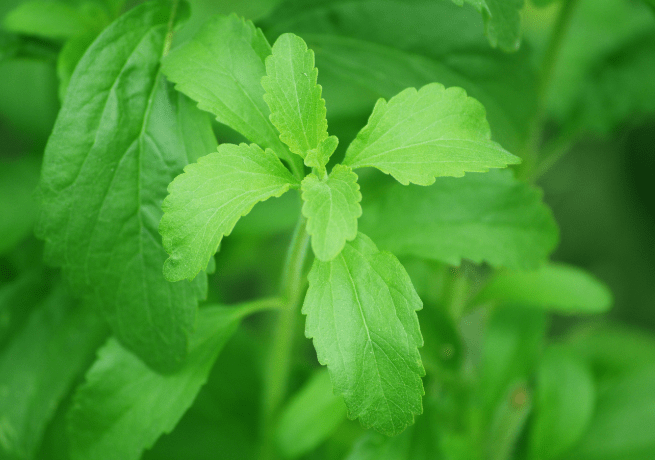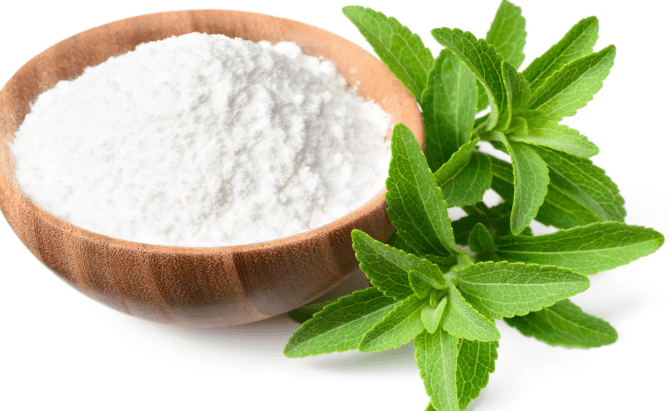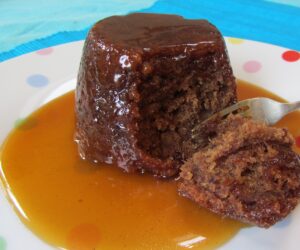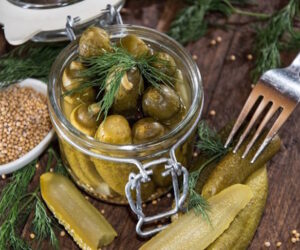Why was stevia banned? Is it still safe to use, or are there other options?
As we explore the fascinating history of stevia’s prohibition and learn its secret, let’s find out the real truth about this sweetener.
Why Was Stevia Banned?

Like most people, you most likely were unaware that the FDA has previously outlawed stevia. Let’s go back in time and examine this contentious sweetener’s past.
Controversial History Of Stevia
Stevia is derived from the Stevia rebaudiana plant, which is indigenous to South America. Indigenous communities have been sweetening their foods and drinks with this natural, low-calorie sweetener for generations. It’s incredibly potent—up to 400 times sweeter than sugar!
When artificial sweeteners became more and more popular in the 20th century, the FDA began to closely monitor stevia. Why then was stevia prohibited?
The Health Concerns: Why Did the FDA Have Issues with Stevia?
At first, stevia was prohibited due to extremely concerning preliminary research that implied the sweetener could be connected to cancer. Concerns regarding the sweet substances called steviol glycosides found in stevia leaves also existed. Studies have revealed that certain substances may have harmful impacts on human health, specifically on blood pressure and reproductive health.
Due to the FDA’s classification of stevia as a “unsafe food additive” and the lack of available evidence supporting its potential health risks, stevia is no longer allowed to be used as a sweetener in the United States.
Also Read: 10 Celebrities Who Lost It All to Drugs: Shocking Downfalls
The Varied Treatment of Stevia Around the World

Remarkably, stevia was not outlawed everywhere. While some countries—the US and several regions of Europe, for example—strictly restricted or outlawed stevia, others welcomed it as a natural sweetener with less hesitation.
Why, therefore, was stevia prohibited in the US but not elsewhere? Since stevia has long been used in countries like Brazil and Japan without any negative effects being detected, these nations have approved of its usage as a sweetener. There are still differences in stevia’s regulatory status between nations, and its usage in specific products may be subject to limits and prohibitions.
Is Stevia Still Banned In The USA?
Stevia is no longer prohibited in the US as of right now. Products for food and drink now allow the free addition of stevia.
With the lifting of the restriction, stevia is now widely available. You can find it in a variety of foods and drinks, such as your favorite sugary snack, diet soda, chewing gum, granola, sports drinks, yogurt, and keto snacks.
Also Read: What Celebrities Live in Beverly Hills: Top 15 Names Revealed
Different Forms Of Stevia And Their Regulatory Status
Although stevia is no longer illegal in the US, its many applications and forms are subject to various regulatory frameworks. The FDA has approved high-purity steviol glycosides that have undergone purification to eliminate unwanted substances and contaminants.
The level of regulatory approval for other forms of stevia, like whole-leaf stevia or crude extracts, is lower. These versions might contain more stevia leaf components, which could cause questions regarding their long-term effects or safety. Whole-leaf stevia is therefore not permitted for use in commerce.
Purified Stevia Extracts vs. Whole Leaf Stevia
Because of their thorough purification procedure and regulatory agency approval (FDA, for example), purified stevia extracts are deemed safe for ingestion. The food and beverage industry has come to love these extracts since they remove most of the bitter ingredients and leave behind a pure, sweet flavor.
Conversely, because of safety concerns, crude extracts and whole-leaf stevia are not authorized. Regulations have prevented them from being used as food components since toxicological data and safety research are lacking. The regulations governing this natural sweetener are complicated, as seen by the differences between whole-leaf stevia and refined extracts.
Also Read: Celebrities Who Have Sadly Passed From Sleep Apnea: A Wake-Up Call for All
Acceptable Daily Intake and Usage Guidelines

Steviol can be consumed up to 4 mg/kg of body weight per day, which is the same as 12 mg/kg of high-purity stevia extract. The Joint FAO/WHO Expert Committee on Food Additives (JECFA) based its recommendation on more than 200 research that found stevia to be safe to consume up to this amount. For instance, a 70-kilogram person should not take more than 280 mg of high-purity stevia extract each day.
These recommendations give customers a safety net so they can savor stevia’s sweetness without running the danger of harming themselves. Before adding stevia to their diet, people with prior medical issues should speak with a healthcare provider.
Potential Health Benefits Of Stevia
The health advantages of stevia go beyond its sweetness. Stevia has the potential to transform everything for people with diabetes. Because stevia is a naturally occurring sweetener, it has no calories or carbs and has little effect on blood sugar levels. It may also help with hunger suppression and weight management, both of which are important issues for diabetes patients.
In addition to managing diabetes, stevia may help with:
- Weight loss as a result of its low-calorie content
- lowering blood pressure in those who have high blood pressure
- Antioxidant activity is one of its possible health-promoting characteristics.
Also Read: Top 50 Flower Pick-Up Lines to Impress Your Crush
Conclusion
Due to its possible health advantages and the growing popularity of natural, low-calorie sweeteners, stevia has become more and more popular in Europe. Despite the debate and the existence of substitutes, stevia appears to have cemented its position as a well-liked option for people looking for a natural sweetener.



